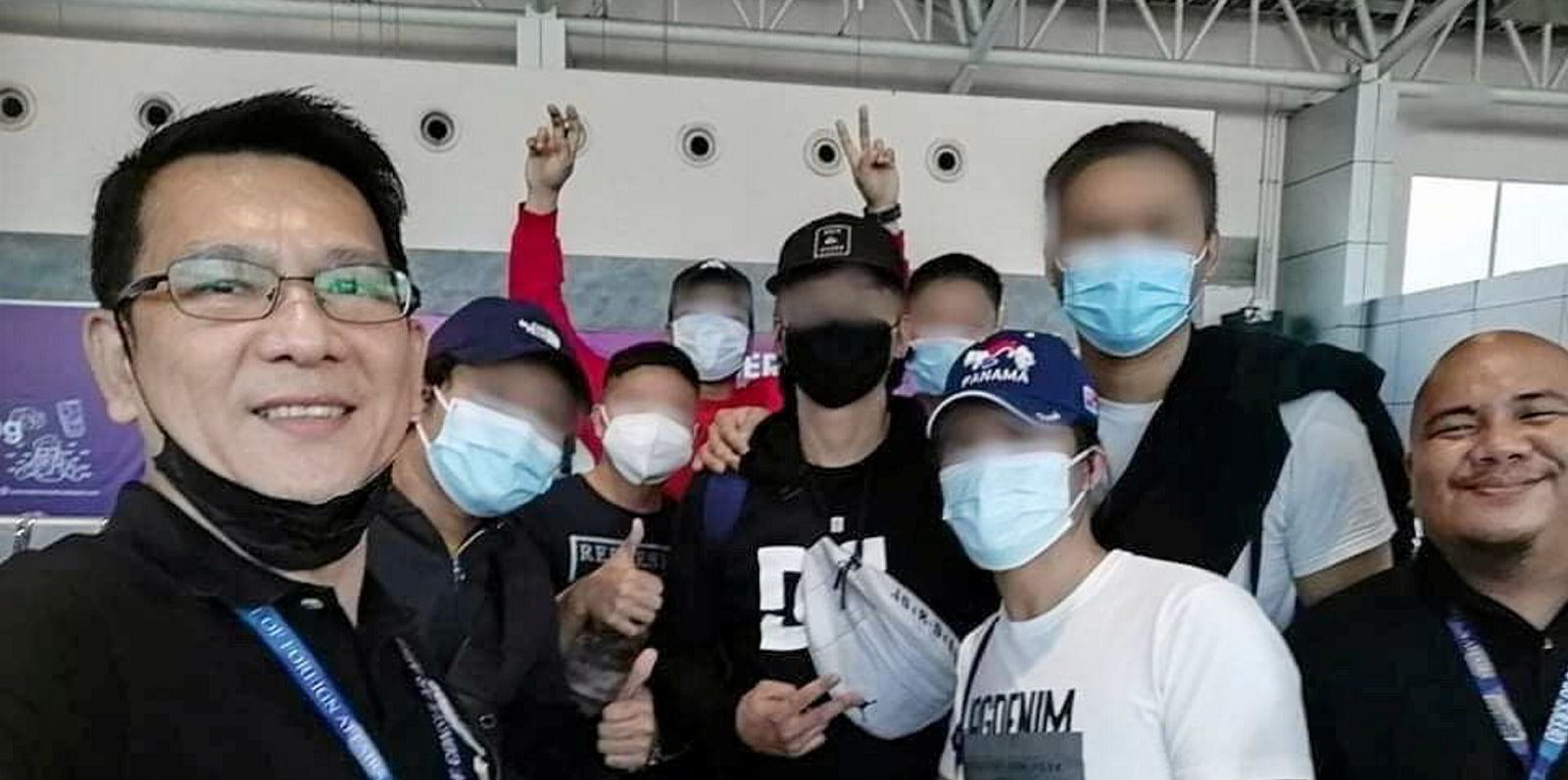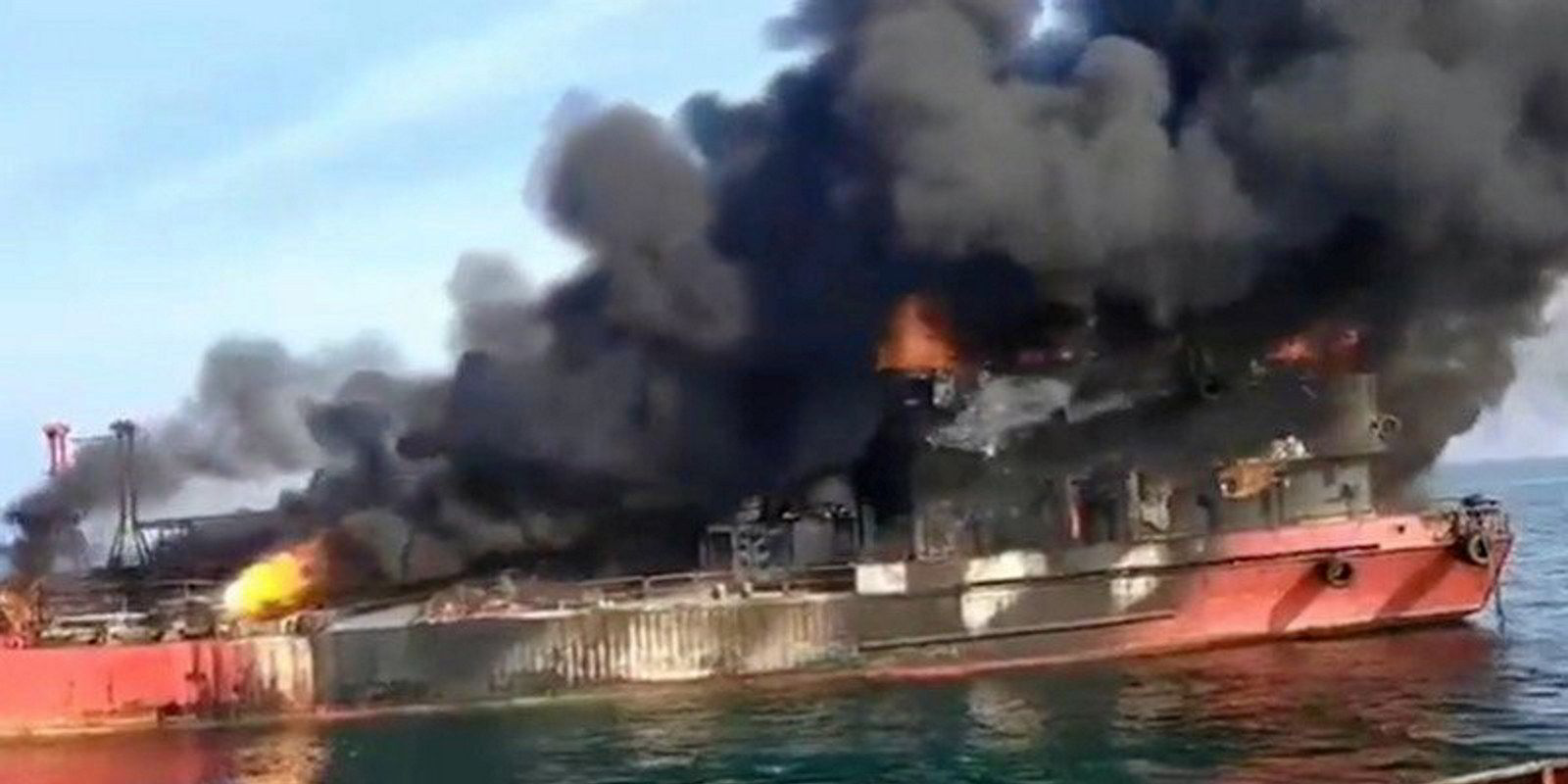Shipowner and seafarer representatives are warning of a looming humanitarian crisis among an estimated 1,000 or more crew trapped on vessels around the war-ravaged ports of south Ukraine.
The International Chamber of Shipping (ICS) and International Transport Workers’ Federation (ITF) said that they estimate there are about 140 ships with at least 1,000 crew trapped in the Black Sea and Sea of Azov war zone with no way out.
On top of the threat to life from the growing hostilities in the region — that have already claimed at least one, and maybe up to four seafarers’ lives — food and water are also running low with no safe way to supply ships.
The ICS and ITF cited the case of an unnamed ship with 20 Romanian crew onboard that has no more than three days supply of food and water remaining.
The International Maritime Organization held an extraordinary meeting last week and proposed the establishment of a blue corridor to allow ships and their crew out.
ICS chief secretary general Guy Platten said the idea is “proving to be very difficult, challenging and dangerous”.
“In order to establish a blue corridor you need the cooperation of both combatants, both the Ukrainian and Russian, and that work is ongoing. But there is a lot of talk of mines in the approaches to ports and sunken barges, a whole lot of things which make it a dangerous environment at the moment, the advice is for crew to sit tight.” Platten said.
The same issues which are preventing crew from leaving are also preventing supplies from getting to ships.
“Our secondary concern is, how do we get supplies to those ships, especially to the more cut-off ports like Mariupol? That is a real concern for us. For the moment the establishment of a blue corridor is some way off,” Platten said.
The ITF’s general secretary Stephen Cotton said that the humanitarian crisis that is emerging on land in Ukraine also applies to ships.
“Speaking to our members in Kyiv there are days when there is no food and no water at all, and if you can imagine that is the situation on the ground, the same situation will apply to ships that are stuck at anchor off the ports. There is no steady supply of foodstuffs or materials to ships which are literally blocked off,” he said.
The ITF said it is exploring an idea with employers of using Poland as a safe place to accommodate seafarers who can’t return home to Ukraine because of the war.
But Cotton said that seafarers' concern for the welfare of their families, which are stuck or fleeing the ongoing war, is causing increasing anxiety among Ukrainian crew.
Sheer chaos
“With the exodus of their families across the border, and the sheer chaos, we’ve had a number of discussions with seafarers to try to get confirmation that their families are in safe places in the surrounding countries,” Cotton said.
“It is a very grave situation the seafarers are very anxious about themselves and their families,” he added.
“It is most frustrating that we have everyone in agreement on how to help but and inability to safely move people.” Cotton said.






